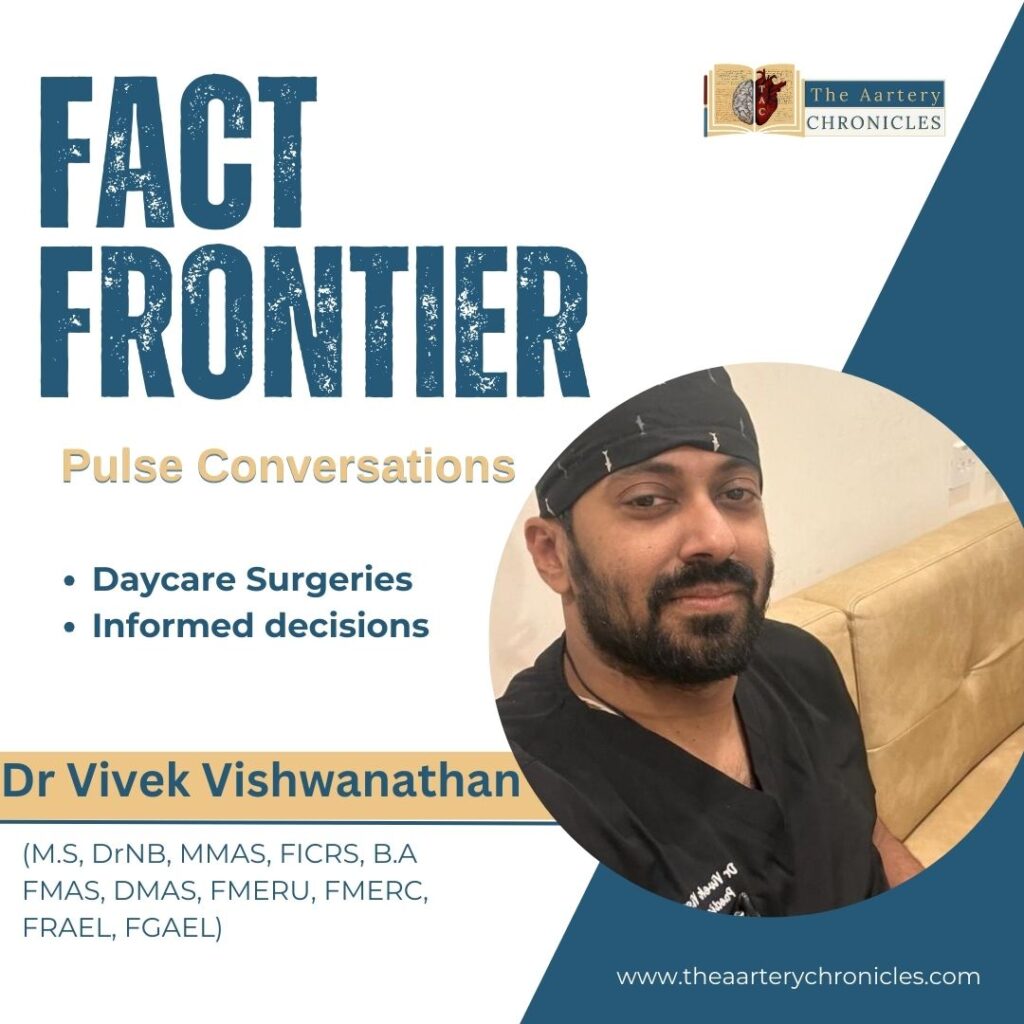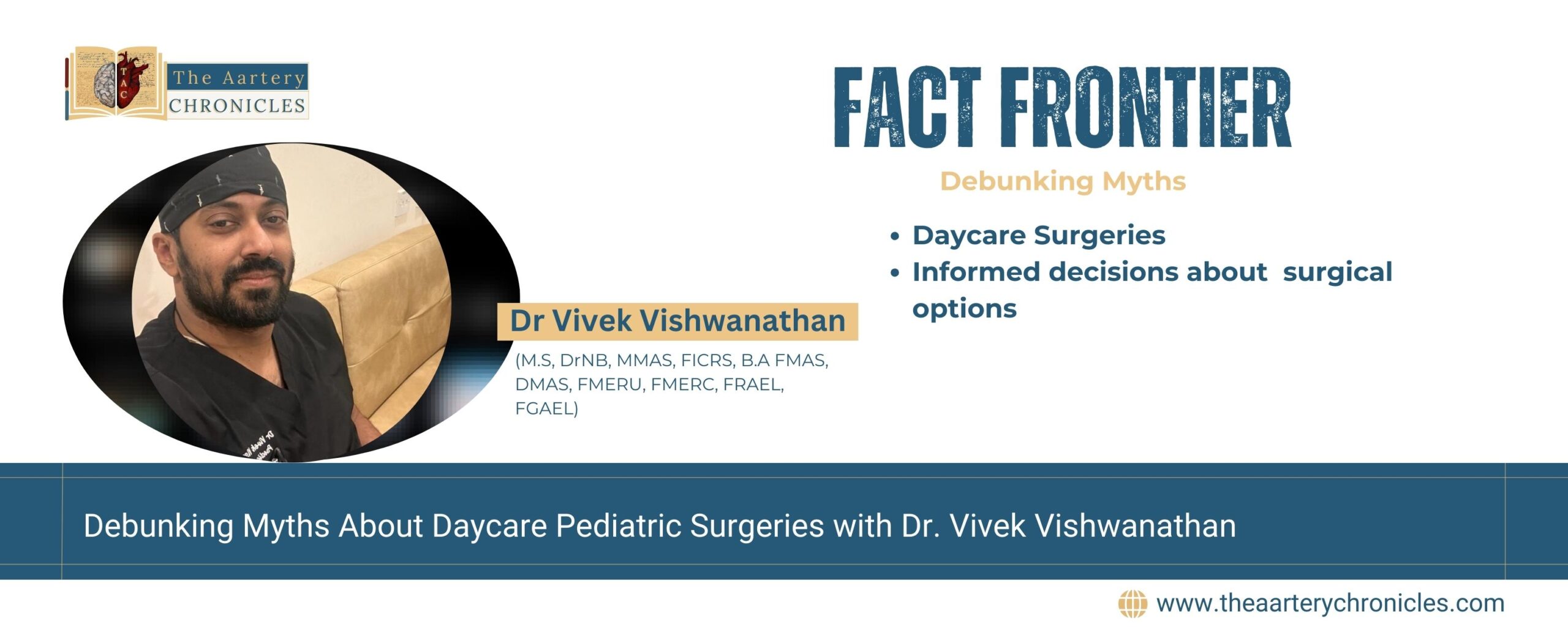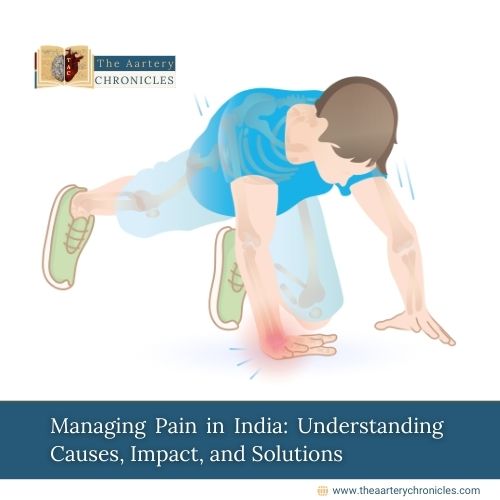

Debunking Myths About Daycare Pediatric Surgeries with Dr. Vivek Vishwanathan
Overview
Daycare pediatric surgeries have become increasingly popular due to their convenience and efficiency, allowing children to return home the same day as their procedure. However, despite their growing acceptance, several myths and misconceptions continue to surround these surgeries, often causing unnecessary worry for parents. Concerns about safety, pain management, and long-term impacts on a child’s health can make the idea of daycare surgery seem daunting.
In this article, we aim to dispel these myths with insights from Dr. Vivek Vishwanathan, who will shed light on the realities of daycare pediatric surgeries, offering reassurance and clarity for parents considering this option for their children.
With a background in bariatric surgery and advanced training in robotic pediatric surgery, Dr. Vishwanathan has worked extensively at the Koki Lab in Dhirubhai Ambani Hospital, Mumbai, before returning to Vadodara, Gujarat, to practice exclusively in pediatric urology.
Common Myths and Misconceptions about Daycare Surgery
Myth 1: Daycare surgery is risky for children.
Fact: Many parents fear that daycare surgeries are too risky for children, particularly due to concerns about anesthesia. However, Dr. Vivek Vishwanathan clarifies that pediatric anesthesia has significantly advanced over the past couple of decades, making it extremely safe. He reassures parents that when a child undergoes daycare surgery, they are closely monitored and typically recover quickly. They emerge from anesthesia awake and alert, and are often able to interact with their parents immediately after leaving the operation theatre.
Dr. Vishwanathan emphasizes that while routine surgical risks are present in any procedure, the surgeries designated as daycare are generally not major or overly complicated. This careful selection helps to ensure that these procedures remain safe and manageable, without posing significant threats to the child’s well-being.
Myth 2: Daycare surgery is only suitable for older children.
Fact: A common misconception is that daycare surgeries are only appropriate for older children. Dr. Vivek Vishwanathan debunks this myth by explaining that even neonates, or children less than a month old, can undergo daycare surgeries. However, due to their markedly different physiology, it is generally advisable to keep such young patients under observation for a day after the procedure.
While daycare surgeries are technically possible for children under one year, they are not commonly performed on this age group. For children over one year, however, daycare surgeries are considered safe and can be performed without hesitation.
Myth 3: Children require prolonged hospital observation after daycare surgery to ensure their safety.
Fact: There is a common belief that children need extended observation in the hospital after surgery to ensure their safety. Dr. Vivek Vishwanathan addresses this by explaining that prolonged hospital stays are not necessary for daycare surgeries. The primary focus is on the child’s recovery from anesthesia.
If the child awakens smoothly, is alert, can take feeds without vomiting, and is comfortable overall, there is typically no need for extended observation. Dr. Vishwanathan emphasizes that once these criteria are met, children can safely be discharged to recover in the comfort of their own home.
Myth 4: Daycare surgery has long-term negative effects on a child's development or health.
Fact: Some parents worry that daycare surgeries could negatively impact their child’s long-term development or health. Dr. Vivek Vishwanathan challenges this notion by questioning the basis of the concern in the first place. He points out that the nature of the surgery—whether conducted as a daycare procedure or with a longer hospital stay—does not affect the long-term outcomes.
For instance, in the case of hernia repairs, the risk of recurrence remains consistent at around 1-2%, regardless of whether the child is discharged within six hours or observed for 24 hours, even under the best surgical care worldwide. Additionally, if a child has a hernia on the right side, there is a 10% lifetime risk of developing a hernia on the left side, irrespective of whether the surgery is performed as a daycare procedure or involves a longer hospital stay.
Dr. Vishwanathan emphasizes that the primary factors affecting long-term outcomes are the nature of the surgery and the inherent risks associated with the condition, not the duration of hospital observation. Therefore, opting for daycare surgery does not introduce additional risks to a child’s long-term health or development compared to traditional surgeries with extended hospital stays.
Myth 5: Children may experience more pain and discomfort with daycare surgery compared to inpatient surgery.
Fact: Some believe that children may endure more pain and discomfort with daycare surgeries because they do not receive the same level of pain management as inpatient surgeries. Dr. Vivek Vishwanathan explains that while inpatient surgeries often utilize intravenous (IV) medications that act more rapidly, the pain associated with procedures commonly performed as daycare surgeries can generally be managed effectively with routine oral painkillers.
Dr. Vishwanathan points out that for most daycare surgeries, the need for pain medication is minimal, often required only for a day or, at most, a couple of days. He rarely prescribes painkillers for more than 48 hours, after which they are given on an as-needed basis. The painkillers used are generally simple medications like Crocin (paracetamol), which are effective in controlling pain in the vast majority of cases.
However, he notes that certain orthopedic procedures, like fracture repairs, may involve more pain, but even these can often be managed as daycare surgeries with appropriate pain control strategies. Overall, the level of discomfort is well-managed and does not necessarily differ significantly between daycare and inpatient settings.
Conclusion
Dr. Vishwanathan encourages patients to approach daycare surgeries with an open mind and to discuss any concerns with their healthcare provider. By understanding the facts, patients can make informed decisions about their surgical options and enjoy the numerous benefits that daycare surgeries have to offer.









